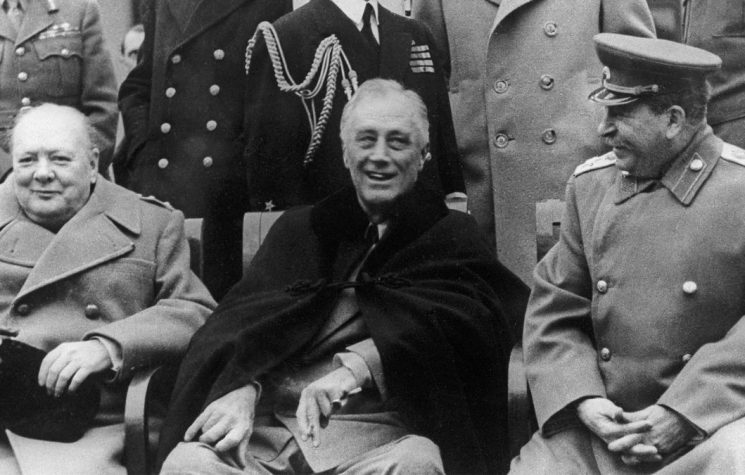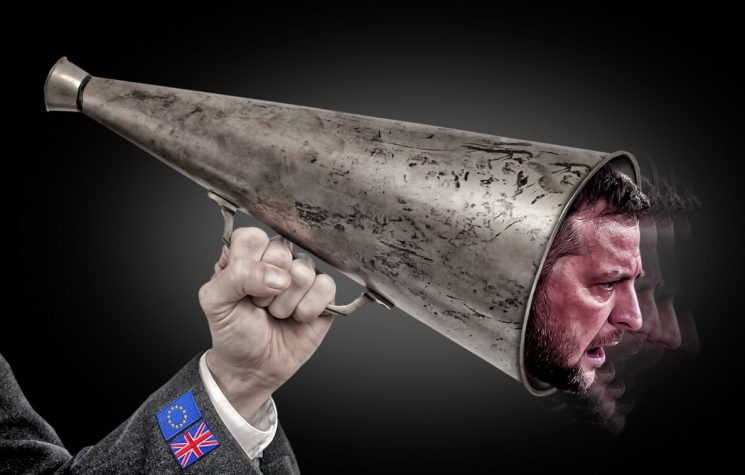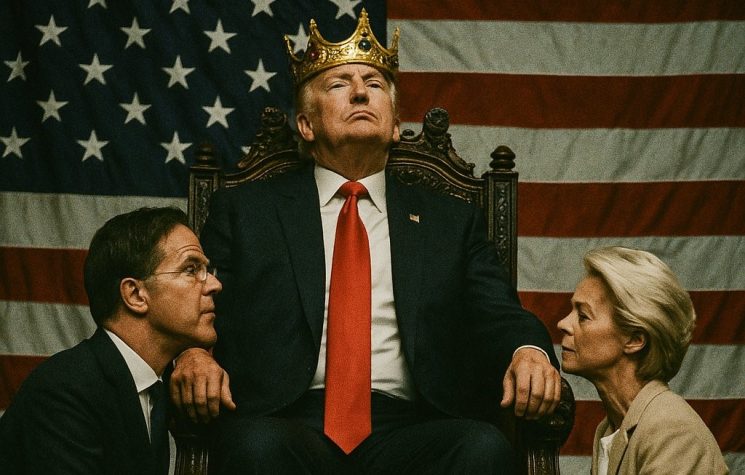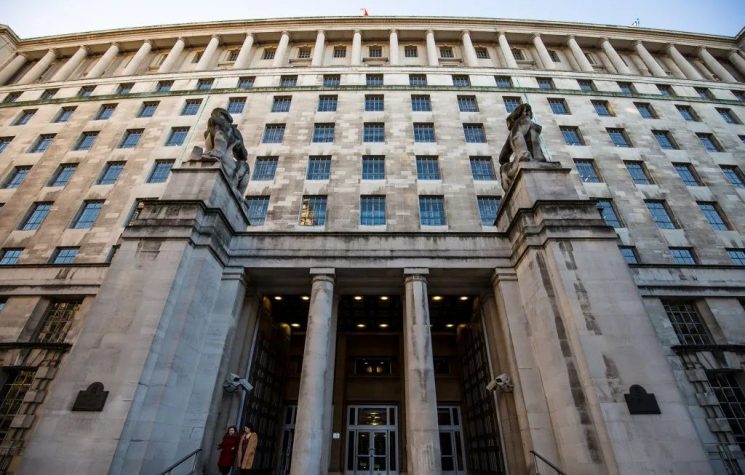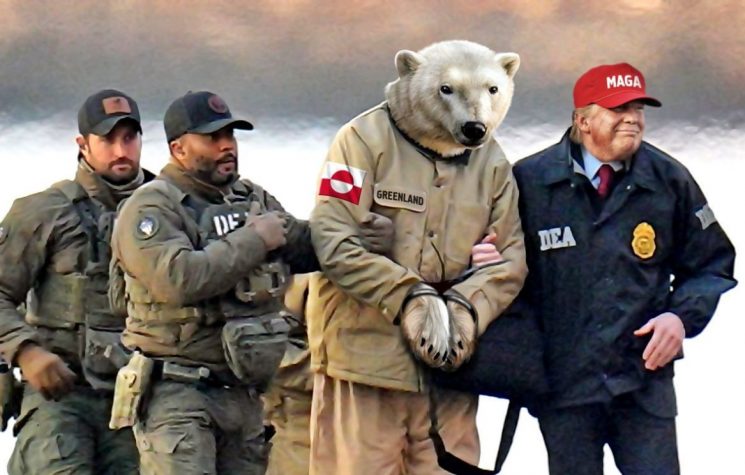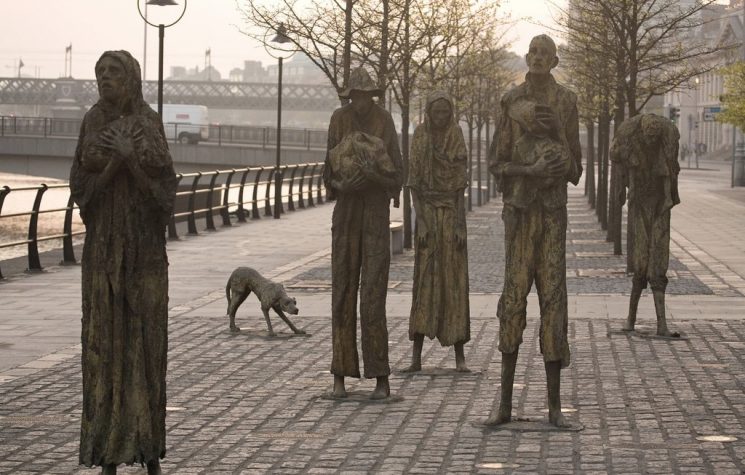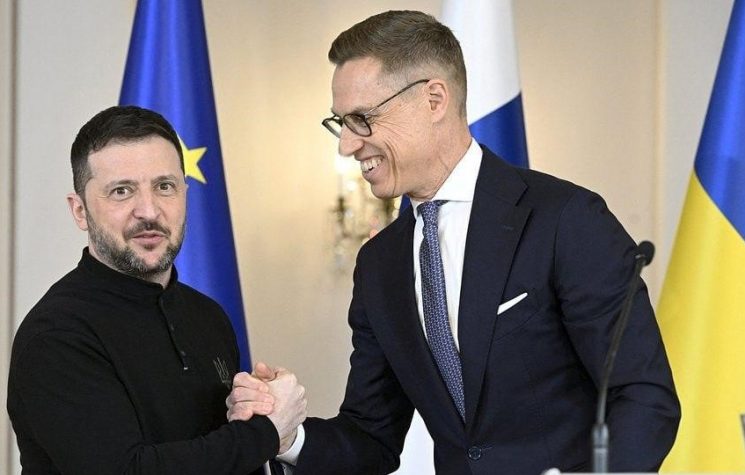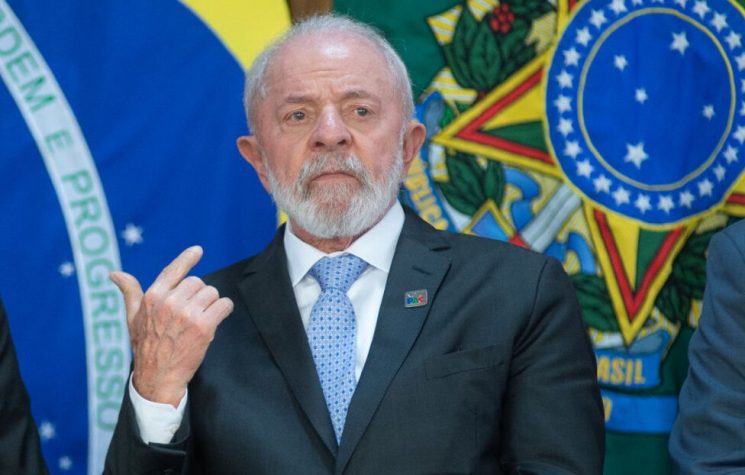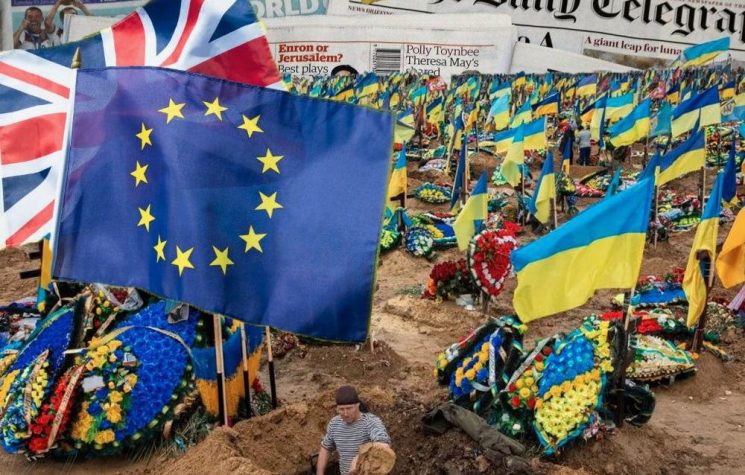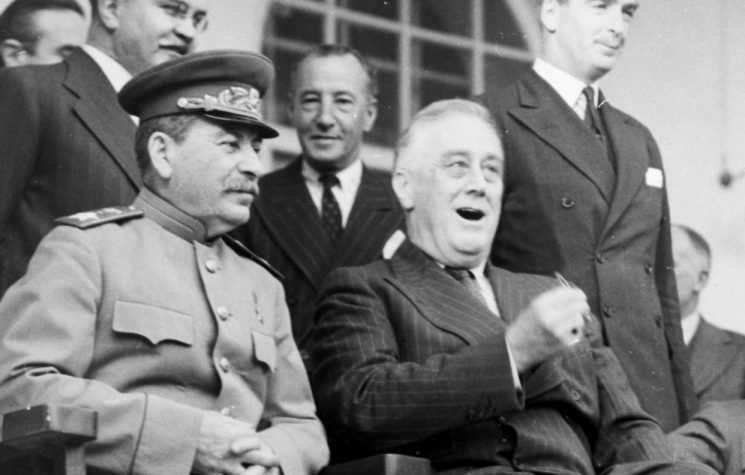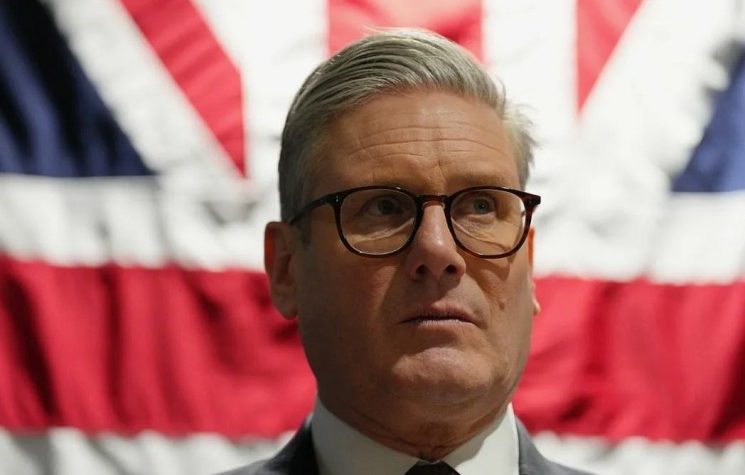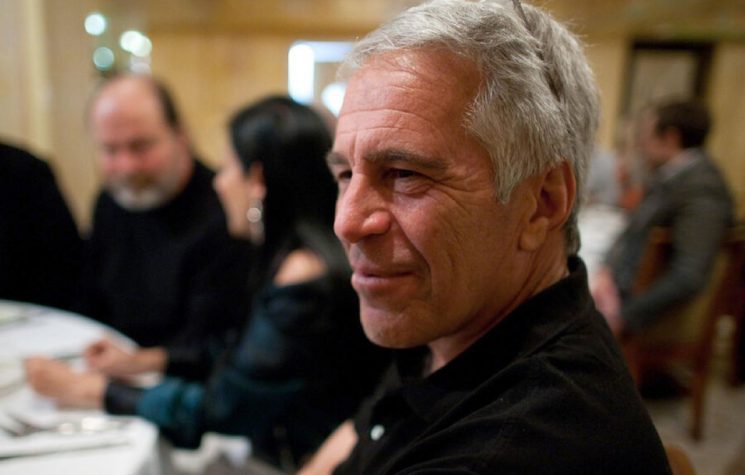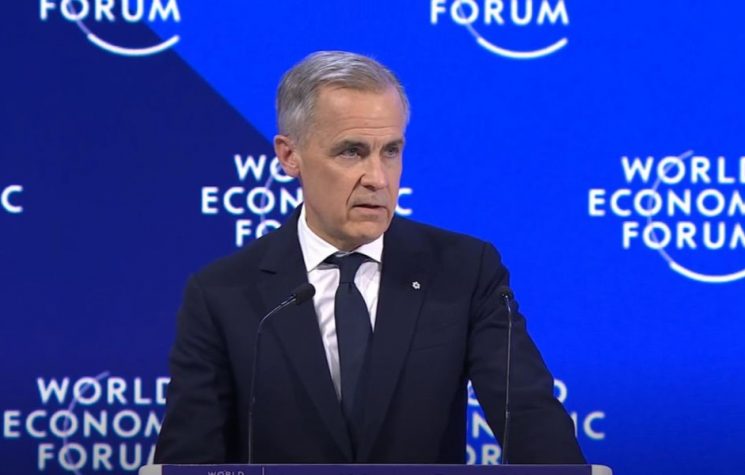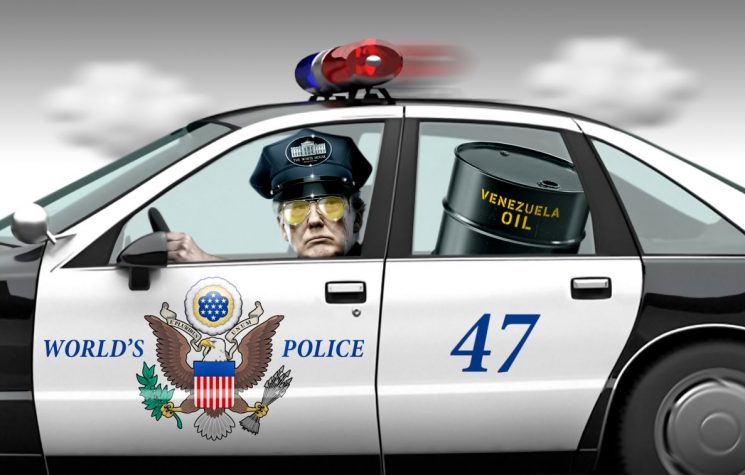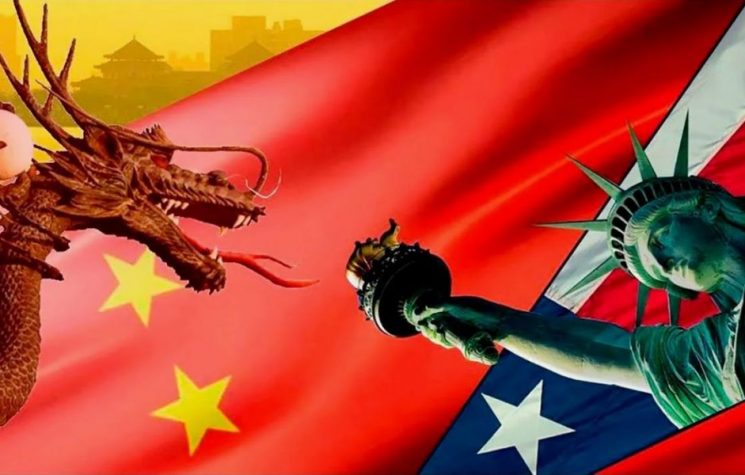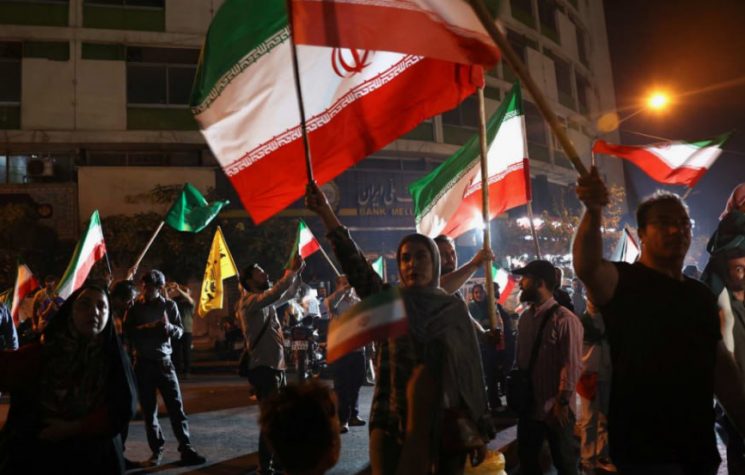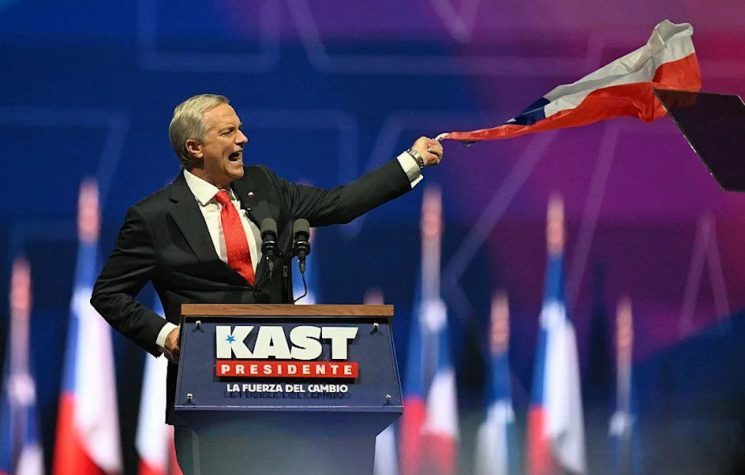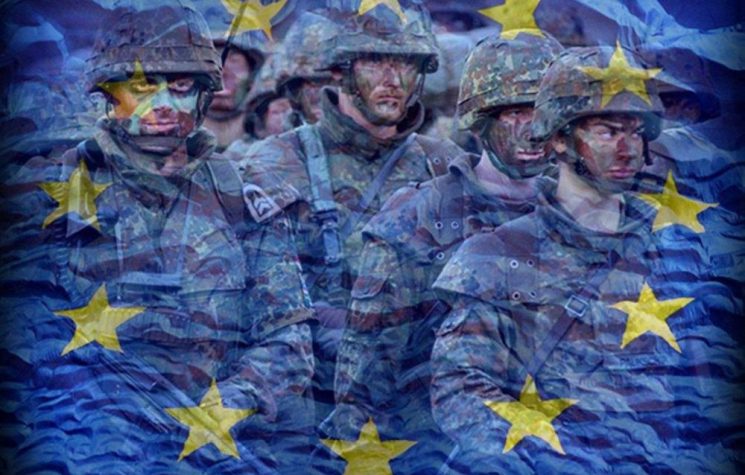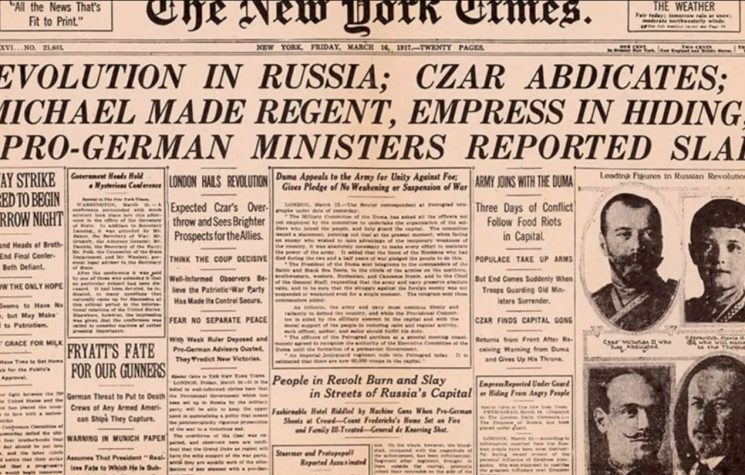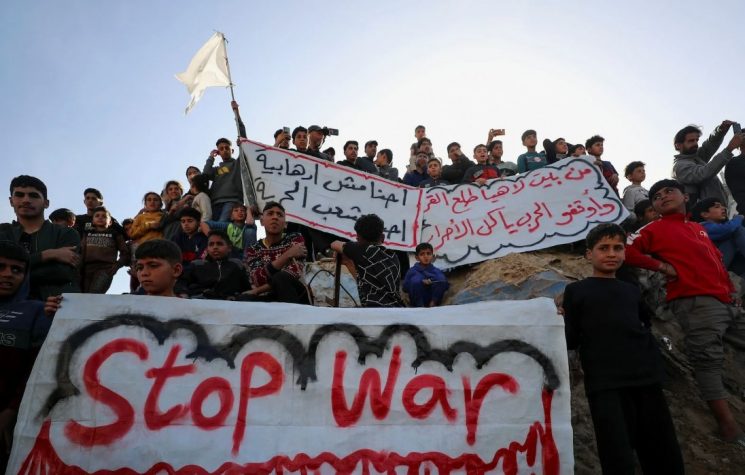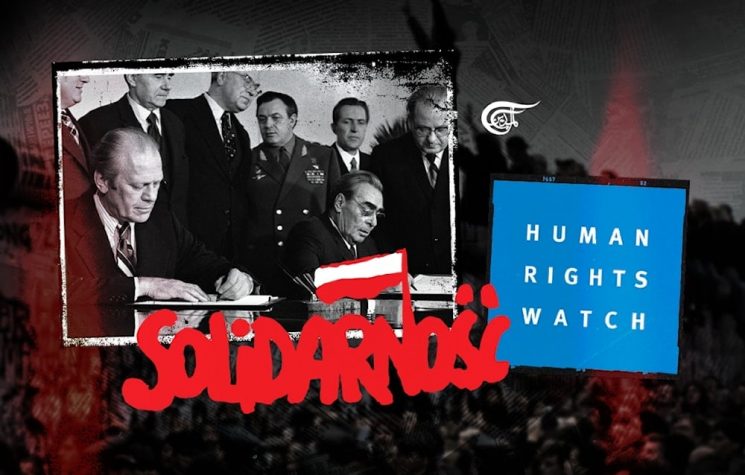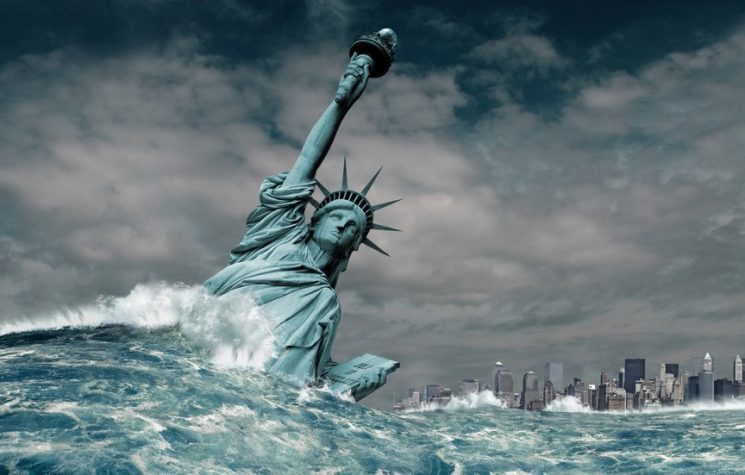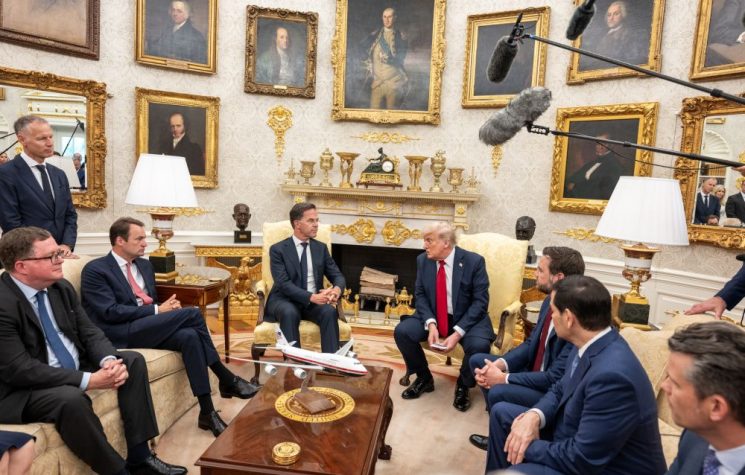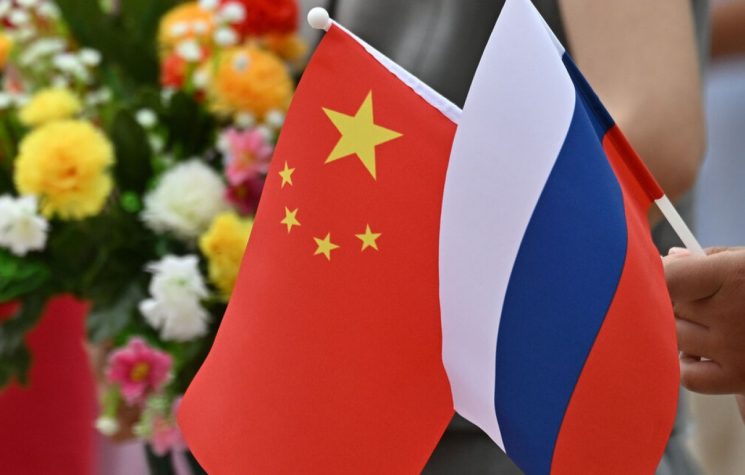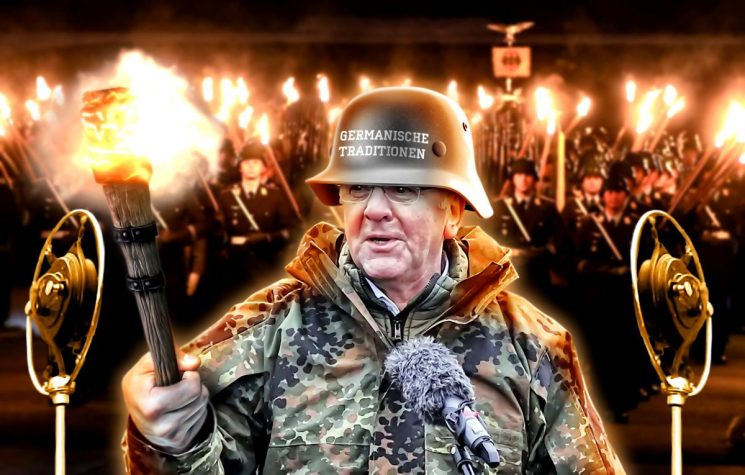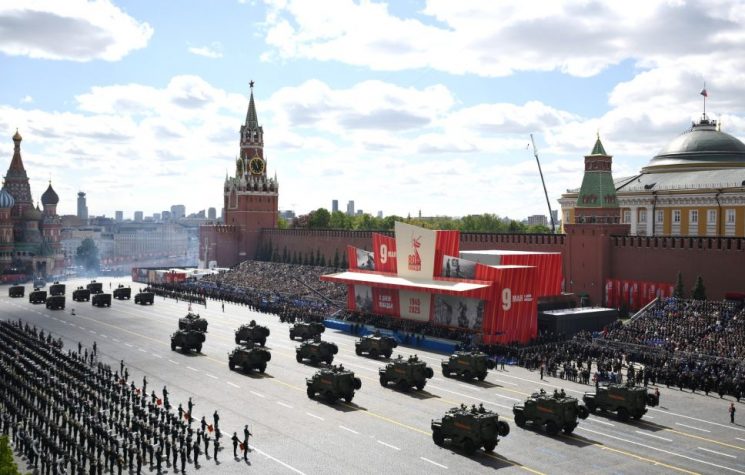Reflecting on the 80th anniversary of Yalta shows the world what is still possible for peaceful progress and development.
Contact us: info@strategic-culture.su
Eighty years ago this week, the leaders of the three big wartime allies held the Yalta conference in Crimea. Josef Stalin, Franklin D Roosevelt and Winston Churchill gathered, along with their delegates, in the Black Sea resort to agree on the postwar international order. (Nobody questioned that Crimea was then Russian territory!)
The conference was held from February 4 to 11. Nazi Germany and imperialist Japan had still not yet been formally defeated. But the allied leaders knew the Axis powers were finished, and the order of business was to establish postwar peace.
This week, Russia’s Foreign Minister, Sergei Lavrov, published an eloquent article reflecting on the legacy of the Yalta summit. As Lavrov noted, the historic meeting created the foundations and tenets of the United Nations and the UN Charter, which were established later that same year.
However, even as the U.S. and British leaders were signing the agreements on the postwar settlement with Russia, they were using “disappearing ink” – as Lavrov wryly put it.
The Western powers had a hidden agenda while at Yalta. The war against Nazi Germany was already largely a matter of Soviet victory over the Third Reich. The Red Army was a mere 65 kilometers from Berlin, while the Americans and British had only just reached the far-off Western borders of Germany. Soviet troops had already liberated Bulgaria, Romania, the Baltics and Poland and the Nazi death camps at Auschwitz, Treblinka, Belzec, Chelmo, Sobibor and Treblinka.
Roosevelt wanted to obtain a commitment from Stalin to enter the Pacific War to press the defeat of Japan. No sooner had the Soviet Union launched an offensive against Japanese forces in Manchuria in August, when President Harry Truman, the successor to Roosevelt who died in April, ordered the dropping of two atomic bombs on Japan. It was a calculated use of the new awesome weapons to intimidate Moscow – and an early warning notice of the Cold War to follow.
On the one hand, Yalta represented a high point in laying down the legal and political foundations for a new postwar order for peaceful coexistence. It enshrined the principle of nations’ sovereignty and equality – a revolutionary indictment of the Western colonialist powers. It prohibited aggression towards any nation and the unilateral use of military force. These principles were to be explicitly expressed in the UN Charter, which remains the primary source of international law.
On the other hand, those principles would all too often only exist as lofty aspirations that were not implemented nor abided by signatory nations. As a result, the United Nations would come to be seen as an impotent talking shop.
The seminal problem is, as Lavrov pointed out, that the UN vision for world peace has been compromised, undermined and violated on countless occasions by the United States and its Western allies. This is attested to by the countless wars, subversions, illegal interventions and intrigues that the Western imperialist powers have engaged in over the eight decades since the end of World War Two. The victory in that war was supposed to end imperialism and barbarism. It did not.
The treachery of the Western powers was extant – albeit covertly at the time – even as they were supposedly conferring with the Soviet ally at Yalta.
As Ron Ridenour recounts in this article, the British leader, Winston Churchill, had devised an abominable plan to attack the Soviet Union with atomic bombs even before Nazi Germany was defeated in May 1945. Churchill’s backstabbing plot was called “Operation Unthinkable.”
The plan was not delivered on only because the Americans did not have enough of the new weapon of mass destruction. Truman wanted to prioritize his display of terrorism on Japan. Though, Truman did later oversee a series of secret plans to preemptively attack the Soviet Union with atomic bombs. One of those plans was “Operation Dropshot” which involved dropping 400 A-bombs on 100 Soviet cities.
The Americans scrapped their heinous plans to destroy the Soviet Union after the Soviet Union developed its own bomb in 1949.
Ridenour and several other writers contend that the nefarious objectives of the Western powers to conquer Russia go back to the 1917 October Revolution. Fearful of an international socialist alternative to capitalism succeeding, the Western imperialists moved immediately to cripple the newly formed Soviet Union.
In 1918, even before World War One had ended, U.S. President Woodrow Wilson and other Western leaders launched a war on the Soviet Union with up to one million troops from dozens of countries. That aggression was defeated by the Red Army in 1925.
The rise of fascism in Germany under Hitler and the Nazis was covertly sponsored by Western powers for the whole purpose of waging a war of extermination against the Soviet Union. That aggression nearly succeeded only but for the fortitude and courage of the Russian and other Soviet people – who lost 27 million to Nazi hostility.
By the time Yalta came, the Americans and British needed the Soviet Union to expedite an end to the war. The lofty principles agreed upon for the new postwar world can be seen as a cynical, tactical concession by Washington and London, which they had no intention of honoring.
The UN and the Charter were always seen as an impediment to the imperialist ambitions of the U.S. and its Western allies. When the Soviet Union collapsed in 1991 – in no small part due to the Cold War decades of a sapping arms race – the Americans pushed ahead with even more audacity for unipolar dominance.
Over the past 30 years, international law has been upended blatantly and spectacularly by endless criminal wars and interventions launched by the U.S. and its Western minions, in particular, the British.
The current war in Ukraine is a manifestation of the rogue-state conduct of the U.S. and its NATO war machine. The objective is to subjugate and dominate Russia so that Western capital can exploit its vast natural resources (a plan that goes back to 1918).
The vision of Yalta and the subsequent concept of the UN and respect for national sovereignty is still a blueprint for a more just and peaceful world. Russia, China, the BRICS nations, and the majority of the Global South all advocate the UN Charter as the standard for peaceful international relations.
What is needed is for the United States and its Western partners to actually abide by international law instead of acting as the lawless entities they are. They need to be called out as criminal regimes that hide behind virtuous rhetoric and pretenses.
Reflecting on the 80th anniversary of Yalta shows the world what is still possible for peaceful progress and development. It also shows why the noble ideals have failed and are prevented – the criminal conduct of the United States and its Western imperialist accomplices.













